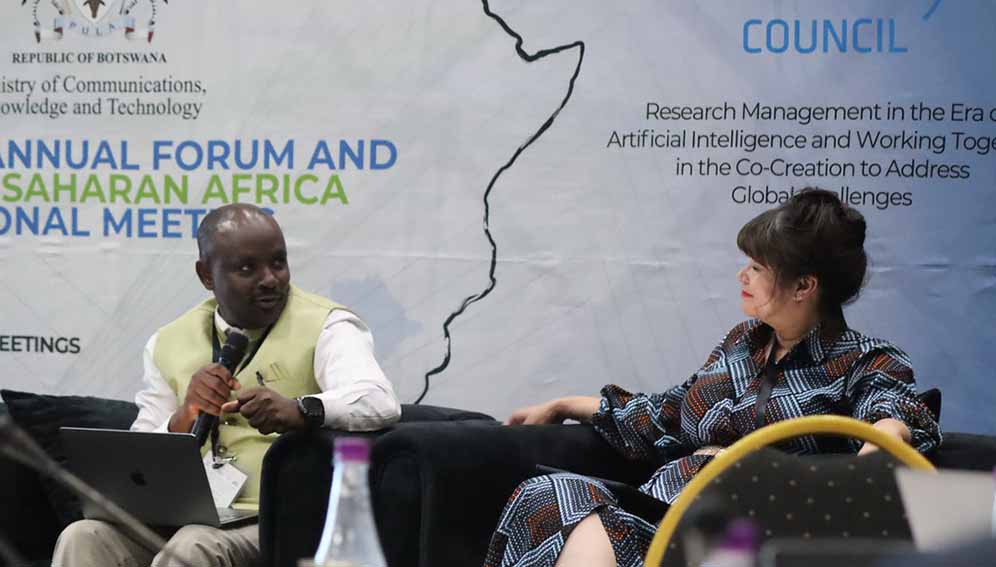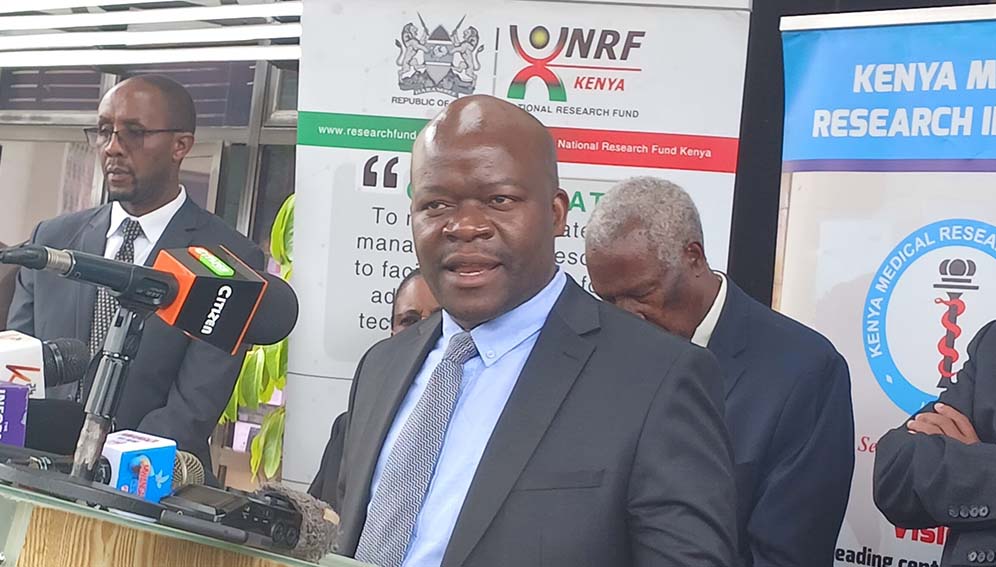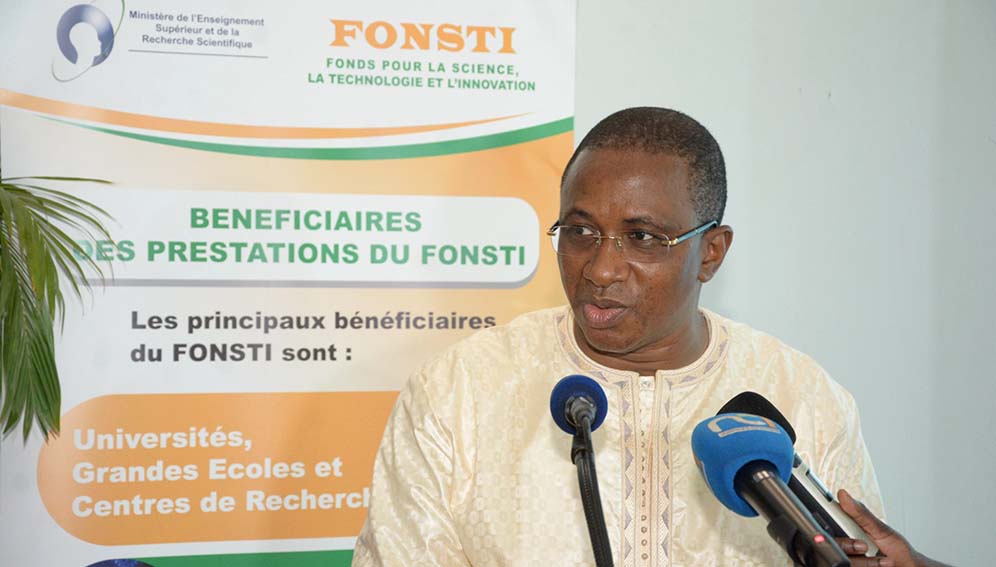SGCI News
The initiative to build new research agendas to strengthen African health systems began with a pilot phase consisting of a 4.5-year, CAD1-million investment from IDRC. This initiative funds two national…
Enabling African science councils to tackle health challenges through impactful, locally led research initiatives.
The initiative to build new research agendas to strengthen African health systems began with a pilot phase consisting of a 4.5-year, CAD1-million investment from IDRC.
This initiative funds two national science granting councils (SGCs) in West Africa to develop and implement impactful research programs focused on strengthening health systems. It has two interconnected aims: to strengthen African science systems while tackling significant health system challenges.
The challenge
West Africa faces some of the most intricate health challenges globally, yet its health systems remain among the least prepared to tackle an evolving array of issues. Despite this situation, there are promising signs of progress: people in the region are living longer than they were in 2000, with significant reductions in child malaria and HIV mortality rates, some of the many factors leading to an overall increase in life expectancy. However, these achievements are overshadowed by the rapid emergence of new problems.
Climate change is triggering disease outbreaks and threatening food security, while conflicts are increasing the number of displaced populations, who are particularly susceptible to illness. In addition, recent economic growth has led to lifestyle changes, introducing new health challenges, even for the most affluent. Understanding and addressing the context of these multifaceted issues cannot be done from a distance; African-led initiatives are essential. Yet, funding for health systems remains stagnant. How can we simultaneously address these challenges and fortify Africa’s health systems?
Our approach
The primary goal of this initiative is to empower national science granting councils to set the agenda and spearhead the transformations they envision for their countries’ health systems.
SGCs play a crucial role in identifying research needs and bridging the gap between research and public policy. Positioned at the nexus of national development priorities and the national research landscape, SGCs are uniquely equipped to establish and execute research agendas that bolster research capacity. This innovative funding model enables SGCs in Côte d’Ivoire and Burkina Faso to conduct localized, interdisciplinary research, generating evidence that directly informs health policies and practices.
By actively involving national experts and key stakeholders, this approach ensures that research findings are seamlessly integrated into health system enhancements. Central to this strategy is a dedicated effort to fortify the capabilities of national research institutions and councils, such as the National Fund for Research and Innovation for Development in Burkina Faso and its counterparts in Côte d’Ivoire, to support and implement health-related research.
The following projects form this cohort of locally championed research:
Supporting the design and implementation of an innovative research agenda on health systems in Côte d’Ivoire
Improving health systems for better health outcomes of internally displaced populations in Burkina Faso
By leveraging the expertise and capacity of national SGCs, these projects aim to generate impactful research that informs health policies and practices, ultimately leading to improved health outcomes for vulnerable populations. Building on the networks established through the Science Granting Councils Initiative for sub-Saharan Africa, there will be opportunities for peer-learning and exploring new collaborations between countries.
For more information on this initiative, please contact health-SGCI@idrc.ca
Related News
Namibia launches BOOSTUP programme to bridge innovation gaps
Many promising technology-driven ideas struggle to progress beyond the concept stage due to limited access to early-stage support and mentorship. These challenges highlight the need for targeted interventions that could transform innovative ideas into viable and scalable solutions. It is against this backdrop that the…
Kenya’s postgraduate research grants
The National Research Fund (NRF), Kenya, invites applications for postgraduate research grants for the 2025/2026 financial year. This national research call is a strategic intervention to strengthen Kenya’s Science, Technology, and Innovation (STI) ecosystem by supporting high-quality postgraduate research that drives innovation, informs evidence-based policymaking,…
The FONSTI mag: A new era for science storytelling in Côte d’Ivoire
Effective research communication is central to ensuring that science informs policy, reaches communities, and inspires the next generation of scientists. Science Granting Councils Initiative (SGCI), members are increasingly experimenting with creative, people-centred ways of making research more visible, accessible, and relevant beyond academic circles and…
SGCI funded projects
Rwanda’s integrated approach to sustainable agriculture and nutrition
Project Titles & Institution Areas of Research Number of Projects being funded Project Duration Grant Amount In-Kind Distribution Council Collaboration with other councils





